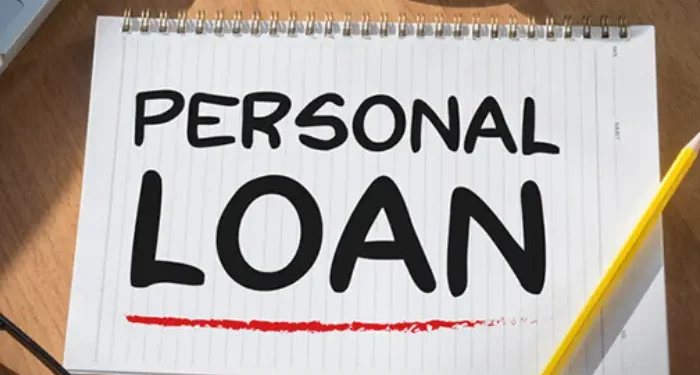Personal Loan eligibility is determined by various factors including your credit score, income, employment history, debt-to-income ratio, and other financial obligations. Before applying for the loan, it is imperative to go through the eligibility criteria so that you know where you stand in terms of eligibility. You can also use an online Personal Loan eligibility checker to see if you are eligible for the loan.
Here are Some of the Factors that Lenders Consider Checking your Eligibility.
- Credit Score: Your credit score is one of the most important factors that lenders consider when evaluating your eligibility for a Personal Loan. A higher credit score generally means a lower risk of defaulting on the loan, which makes you a more attractive candidate to lenders. Most lenders need you to have a minimum credit score of 750 or higher.
| Credit Score | Creditworthiness | Approval Chances |
| <600 | Not up to the mark | Very low |
| 600-650 | Below average | Doubtful |
| 650-700 | Average | Good |
| 700-750 | Very good | Very good |
| 750-900 | Excellent | High |
- Annual Income: Your profits are likewise a critical factor in determining your eligibility for a private loan. Lenders want to make certain that you have a consistent source of income to pay off the mortgage. The better your income, the higher might be your probability of getting accepted for the loan.
- Employment History: Lenders also don’t forget your employment records to decide your eligibility for a private mortgage. They want to peer that you have solid activity and consistent earnings. If you have a record of task-hopping or gaps in employment, it can negatively impact your eligibility.
- Debt-to-Income Ratio: Your debt-to-earnings ratio (DTI) is the quantity of debt you have got as compared to your profits. Lenders use this ratio to decide how a great deal of your earnings is already being used to repay present debt. A decreased DTI ratio suggests that you have greater disposable profits to repay a private mortgage, which makes you a greater appealing borrower.
- Other Financial Obligations: Lenders also take into account other economic duties such as existing loans, credit score card debt, and different monthly bills to determine your eligibility for a private mortgage. When you have a whole lot of existing debt, it can negatively impact your eligibility.
Personal Loan Eligibility Criteria
- Age: the minimum age is 24 and the maximum age is 58 to qualify for a Personal Loan.
- Citizenship: Indian citizenship is required.
- Employment: Full-time employment with the state or central government, PSU, MNC, Listed, Unlisted Public Ltd., Private Ltd., LLP, colleges and schools, or companies that are listed internally is required.
- Work experience: Job experience of at least 2 years, with 6 months of stable employment with the current employer.
- Monthly income: Net monthly take-home salary of a minimum ₹40,000.
Also Read: Doctor Loan – Eligibility and Requirements in India
Documents required for Personal Loan
- KYC documents: Aadhaar card or PAN card
- Address proof: soft copies of your Passport, utility bills, or rental agreement
- Income documents: latest salary slips
- Financial documents: salary credit statement for the past 3 months
- Employment proof: official email ID confirmation or Employee ID card in case email id is not available
Conclusion
In summary, Personal Loan eligibility is decided with the aid of an aggregate of things consisting of credit score, earnings, employment history, debt-to-earnings ratio, and other economic duties. By means of assessing these factors, lenders can decide whether or not you’re a suitable candidate for a private mortgage and what interest charge you should be offered.
Many lenders are offering online Personal Loan applications, making it easier for busy individuals to apply for the loan. Carefully research and choose a lending institution that offers Personal Loans at attractive interest rates and with flexible repayment periods.
You can also use an online EMI calculator to plan a monthly budget that fits your EMI payments to avoid missing out on your EMIs. Ensure that you have a bureau score above 750 to get qualified for the loan. To check your bureau score online, follow these steps:
- Step 1: Visit CIBIL’s official website (www.cibil.com)
- Step 2: Enter the required information in the ‘get your CIBIL score’ section
- Step 3: Upload the required documents and enter your details
- Step 4: After receiving an OTP on your registered number, you can check your score at Myscore.cibil.com


